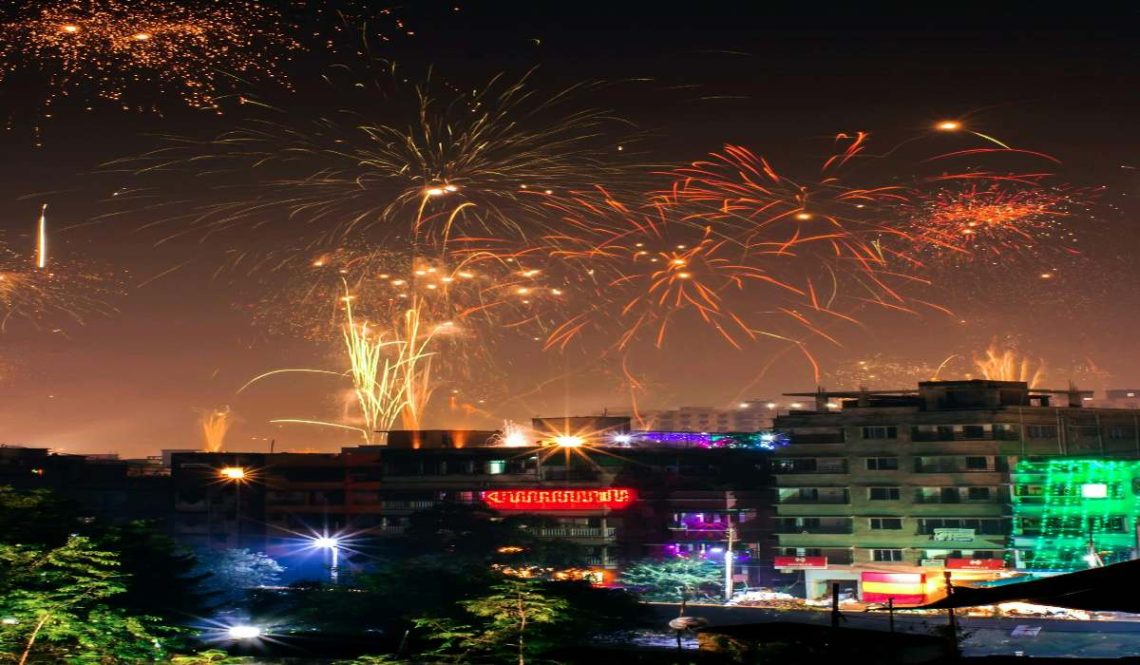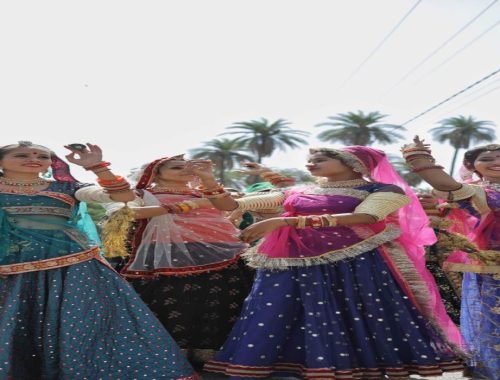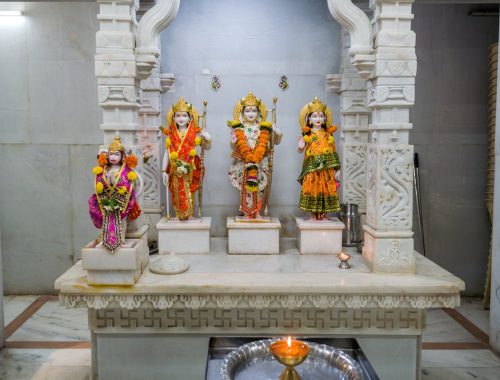
Tracing the Origins of Diwali: The Festival’s Roots in Indian History
Diwali, the Festival of Lights, is one of the most cherished and widely celebrated festivals in India. It symbolizes the triumph of good over evil and the victory of light over darkness. While the joyous celebrations, vibrant lights, and delicious sweets are well-known, the origins of Diwali are deeply rooted in ancient Indian texts and traditions. These stories and references have evolved over time, shaping the festival into what we celebrate today. In this blog, we will explore the earliest mentions of Diwali in sacred scriptures and how its significance has developed through the ages. Keep reading!
Early Vedic References to Diwali: The Symbolism of Light and Fire Rituals
While Diwali as we know it today is not explicitly mentioned in the earliest Vedic scriptures, the Vedas do provide us with foundational concepts of light and fire rituals. Agni, the fire god, plays a central role in many Vedic rituals, symbolizing purity, energy, and the removal of darkness. The themes of lighting lamps and invoking the power of fire were significant practices during ancient times. These rituals laid the groundwork for the later symbolism of Diwali, where the lighting of diyas (earthen lamps) became a central activity.
Diwali in Ramayana and Mahabharata: Ancient Indian Epics and Festival Origins
The Ramayana, one of the revered epics in Indian literature, provides one of the most popular explanations for the origin of Diwali. According to the text, Diwali marks the return of Lord Ram, his wife Sita, and his brother Lakshmana to the kingdom of Ayodhya after 14 years of exile. The people of Ayodhya, overjoyed by the return of their beloved king, lit rows of lamps to guide their way and celebrate the occasion. This is believed to be the origin of the name “Deepavali,” which means “a row of lamps.”
Also Read: The Epic Tale of Lord Rama and Ravana: The Story Behind Dusshera
In addition to the Ramayana, the Mahabharata also offers an important connection to Diwali. It is also believed that the festival commemorates the return of the Pandavas after their 12 years of exile and one year of incognito life. Their return was celebrated with the lighting of lamps, a practice that resonated with the festivities described in the Ramayana.
Origins of Diwali in the Puranas: Lakshmi and Vishnu’s Connection to the Festival of Lights
The Puranas, composed much later, provide detailed accounts of various religious rituals, festivals, and legends. In these texts, Diwali is often associated with the worship of Lakshmi, the goddess of wealth and prosperity. The Padma Purana and Skanda Purana describe Diwali as a day to honor Goddess Lakshmi, who is believed to visit homes and bless devotees with prosperity and abundance. This tradition of worshipping Lakshmi during Diwali remains one of the most integral aspects of the festival.
Another important figure linked to Diwali through the Puranas is Lord Vishnu. In the Vishnu Purana, the festival is associated with the victory of Lord Vishnu in his Vamana avatar over the demon king Bali. Bali, known for his devotion and generosity, was sent to the netherworld by Vishnu. However, as a boon, Vishnu granted him permission to visit his people once a year during Diwali. In southern parts of India, this story is celebrated as Balipadyami or Deepavali Bali.
Diwali as a Harvest Festival: Agrarian Roots in Ancient Indian Texts
Ancient Indian texts also associate Diwali with the harvest season. Many agrarian communities viewed Diwali as the end of the harvest, a time to thank the gods for their bounty and seek blessings for the next season. The Bhavishya Purana references Diwali as a harvest festival, where farmers celebrate the arrival of a prosperous season and worship the earth for its fertility.
This connection to the agrarian calendar suggests that Diwali originally had agricultural roots, symbolizing the onset of winter and the end of the harvest season. The lighting of lamps could have been a way to ward off the encroaching darkness of winter, making the festival both a religious and seasonal celebration.
How Diwali Evolved Over Time: Regional Variations and Legends
As the centuries passed, Diwali evolved into a pan-Indian festival, with various regions adopting the unique customs and legends associated with it. In northern India, Diwali is primarily linked to the story of Lord Rama’s return. In Gujarat and Maharashtra, the emphasis is on Lakshmi Puja and the importance of wealth and prosperity. Many parts of southern India commemorates Diwali as Lord Krishna’s victory over the demon Narakasura, a theme of light triumphing over darkness.
Jainism and Sikhism also have their own associations with Diwali. For Jains, Diwali marks the attainment of nirvana by Lord Mahavira. Sikhs, on the other hand, celebrate Diwali to honor the release of Guru Hargobind from imprisonment in 1619.
Takeaway
The origins of Diwali are deeply rooted in India’s ancient texts and its cultural history. While the festival may have evolved over time, its central themes of light, victory, and prosperity remain unchanged. Diwali continues to be a celebration of new beginnings, joy, and the victory of good over evil. It is a tradition that resonates as powerfully today as it did thousands of years ago.
Khushi Jha
I am Khushi Jha, a proud alumna of Delhi University with a degree in History and Political Science. My fascination with the events that have shaped our world drives me every day. Currently, I am pursuing my Master’s in History, diving even deeper into global dynamics and the incredible heritage of India. I firmly believe that India's rich heritage deserves wider recognition. I strive to bring its stories to the forefront, ensuring they are celebrated and acknowledged on a global stage. I have written extensively across various niches, including fashion, health, lifestyle, real estate, hospitality, amongst others. In my free time, you’ll find me immersed in books, both fiction and non-fiction, or simply enjoying some much-needed rest.
You May Also Like

Mount Abu Summer Festival 2025: A Grand Celebration in Rajasthan’s Only Hill Station
May 7, 2025
Tamil Nadu Completes First Phase of Underwater Archaeological Survey at Poompuhar
October 21, 2025



2 Comments
Pingback:
Pingback: